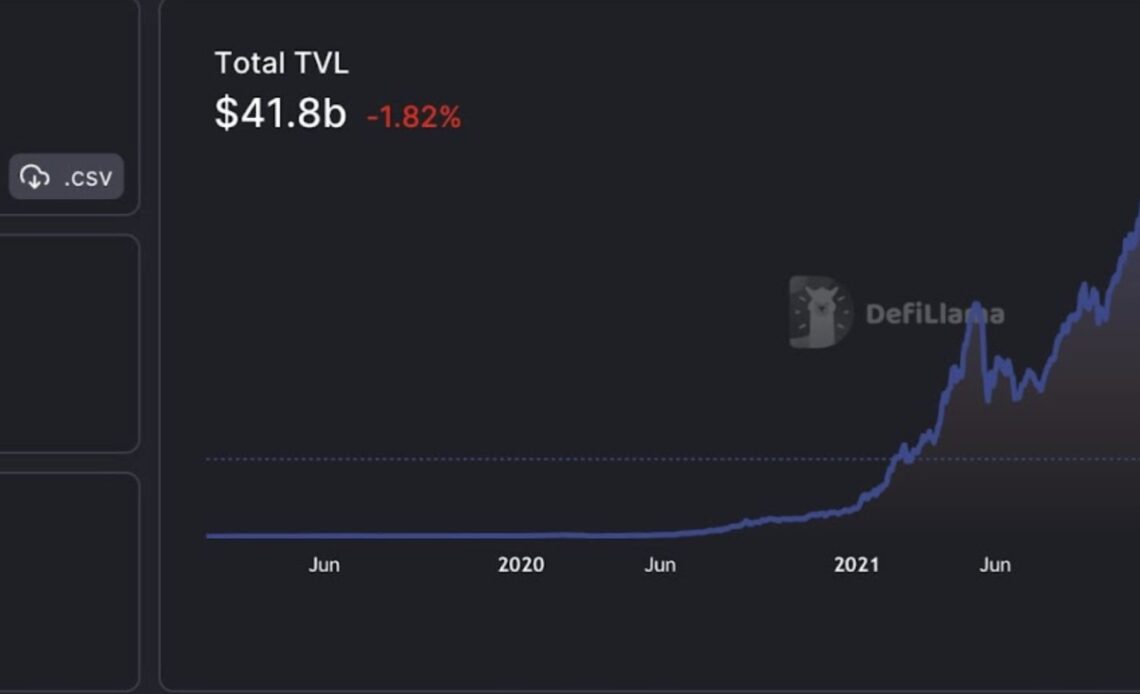Decentralized finance (DeFi) is growing fast. Total value locked, a measure of money managed by DeFi protocols, has grown from $10 billion to a little more than $40 billion over the last two years after peaking at $180 billion.
The elephant in the room? More than $10 billion was lost to hacks and exploits in 2021 alone. Feeding that elephant: Today’s smart contract programming languages fail to provide adequate features to create and manage assets — also known as “tokens.” For DeFi to become mainstream, programming languages must provide asset-oriented features to make DeFi smart contract development more secure and intuitive.
Current DeFi programming languages have no concept of assets
Solutions that could help reduce DeFi’s perennial hacks include auditing code. To an extent, audits work. Of the 10 largest DeFi hacks in history (give or take), nine of the projects weren’t audited. But throwing more resources at the problem is like putting more engines in a car with square wheels: it can go a bit faster, but there is a fundamental problem at play.
The problem: Programming languages used for DeFi today, such as Solidity, have no concept of what an asset is. Assets such as tokens and nonfungible tokens (NFTs) exist only as a variable (numbers that can change) in a smart contract such as with Ethereum’s ERC-20. The protections and validations that define how the variable should behave, e.g., that it shouldn’t be spent twice, it shouldn’t be drained by an unauthorized user, that transfers should always balance and net to zero — all need to be implemented by the developer from scratch, for every single smart contract.
Related: Developers could have prevented crypto’s 2022 hacks if they took basic security measures
As smart contracts get more complex, so too are the required protections and validations. People are human. Mistakes happen. Bugs happen. Money gets lost.
A case in point: Compound, one of the most blue-chip of DeFi protocols, was exploited to the tune of $80 million in September 2021. Why? The smart contract contained a “>” instead of a “>=.”
The knock-on effect
For smart contracts to interact with one another, such as a user swapping a token with a different one, messages are sent to each of the smart contracts to update their list of internal variables.
The result is a complex balancing act. Ensuring that all interactions with the smart contract are handled…
Click Here to Read the Full Original Article at Cointelegraph.com News…
























